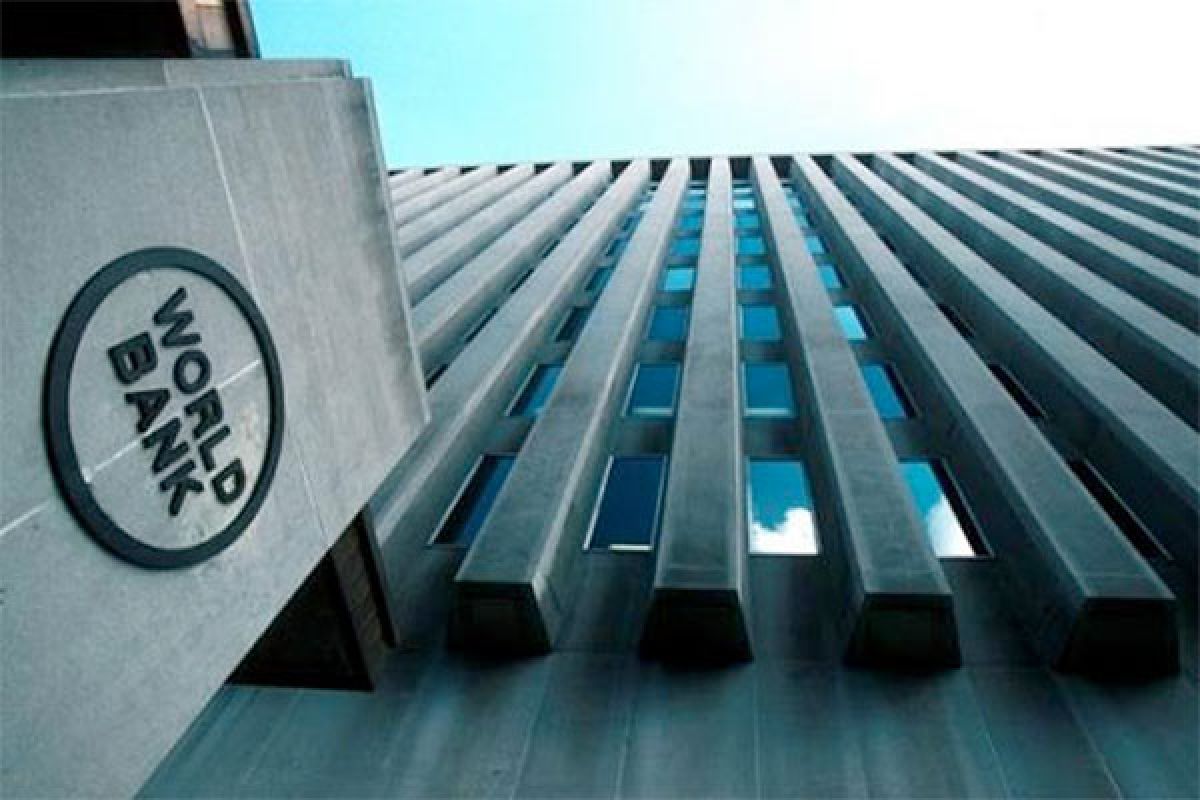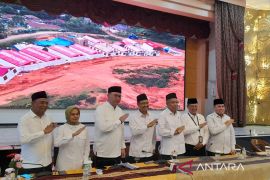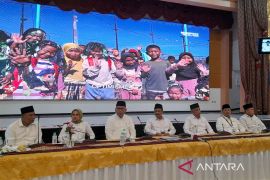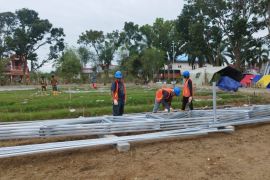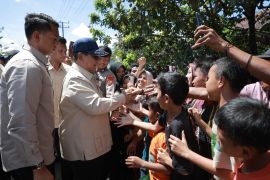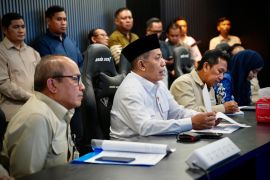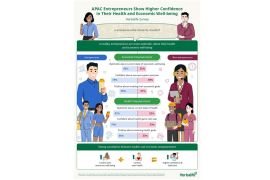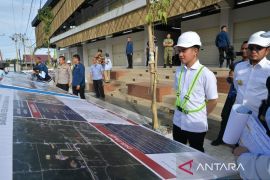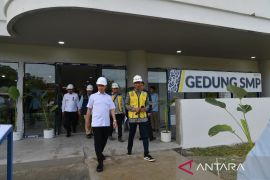"We welcome the Government of Indonesia`s significant investments in infrastructure and in human capital, both of which are crucial to accelerate economic growth and reduce poverty. If the country invests on these two priorities now, its future will be more promising," World Bank Country Director for Indonesia and Timor-Leste, Rodrigo A. Chaves, said in a statement here on Tuesday.
The US$400 million loan Investing in Nutrition and Early Years Program seeks to reduce stunting by increasing access for pregnant mothers and children under two years old to key services from health and nutrition to education and sanitation.
"World Bank financing will be complemented by crucial knowledge, including best practices and lessons learned from around the world, which will help make efforts to reduce stunting more effectively," he remarked.
This loan, which will link disbursements to specific results, will support the country?s $14.6 billion National Strategy to Accelerate Stunting Prevention that aims to benefit 48 million pregnant mothers and children under two years old in the next four years.
In the entire country, the program will also benefit from a $20 million grant from the Global Financing Facility, a multi-stakeholder partnership that helps countries tackle the greatest health and nutrition issues affecting women, children, and adolescents.
The $250 million loan financing the Strategic Irrigation Modernization and Urgent Rehabilitation Project will benefit around 887 thousand farming households through a more reliable and climate-resilient irrigation system.
This financing is part of an ongoing National Reform Agenda that focuses on decentralization, democratization, and modernization and is based on the principles of participatory irrigation management.
This irrigation project is co-financed by the Asian Infrastructure Investment Bank, with a $250 million loan.
Stunting is one of the most urgent challenges in Indonesia and a top priority for the government. More than one out of every three Indonesian children under five years of age, which is almost nine million children, are stunted; two out of three don not complete the full package of immunizations in their first and second year; and iron supplementation and deworming are also low, which is at 33 and 26 percent, respectively.
In Indonesia, a country highly vulnerable to climate change effects, 60 percent of the poor -- those who earn less than $1.25 per day -- rely on agriculture for their income.
Therefore, improved irrigation in agriculture is critical to enhance food security in the country.
The new irrigation project will focus on rehabilitation and modernization of drainage systems in nearly 300 thousand hectares and will support the overall project management and implementation, which is focused on increased accountability, transparency, and cost-effectiveness.
The World Bank?s support to Indonesia?s nutrition sector and irrigation is an important component of the World Bank Group`s Country Partnership Framework for Indonesia, which focuses on government priorities for transformational development impact.
(A063/INE/B003)
(T.A063/A/KR-BSR/B003)
Reporter: antara
Editor: Heru Purwanto
Copyright © ANTARA 2018
